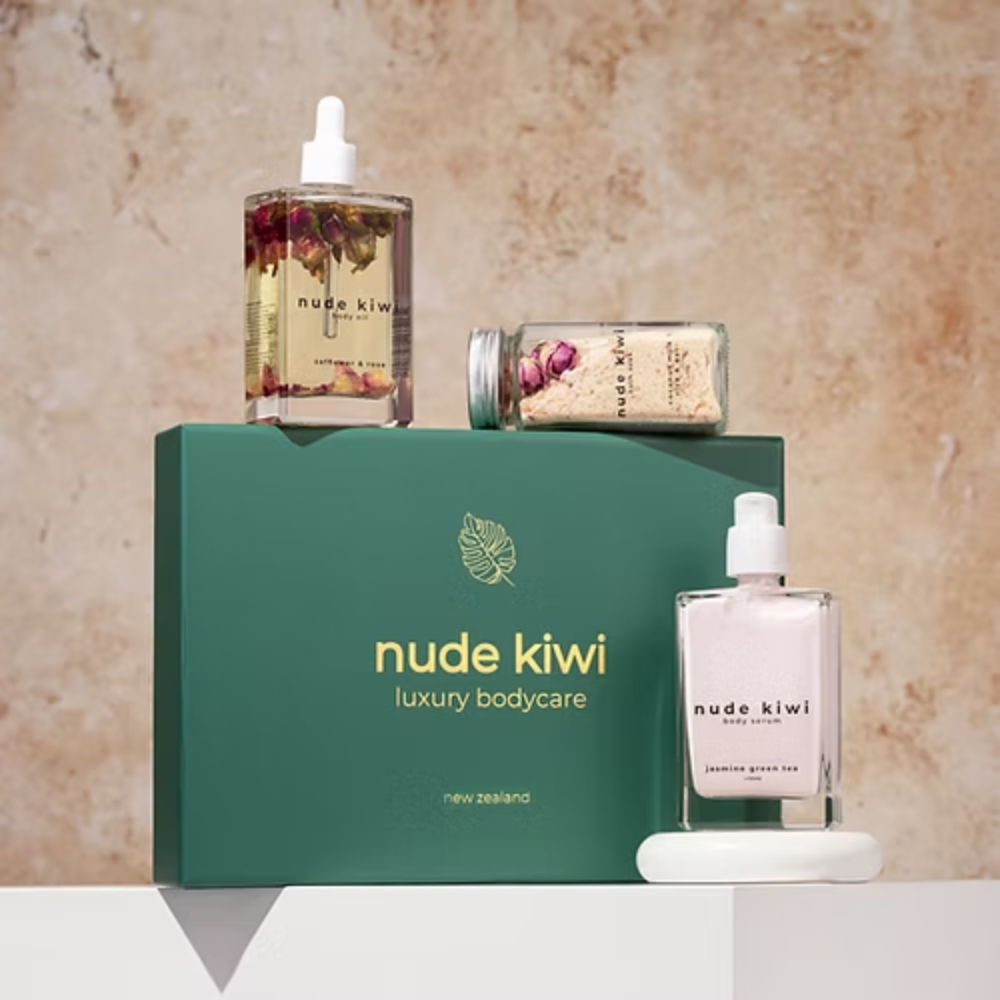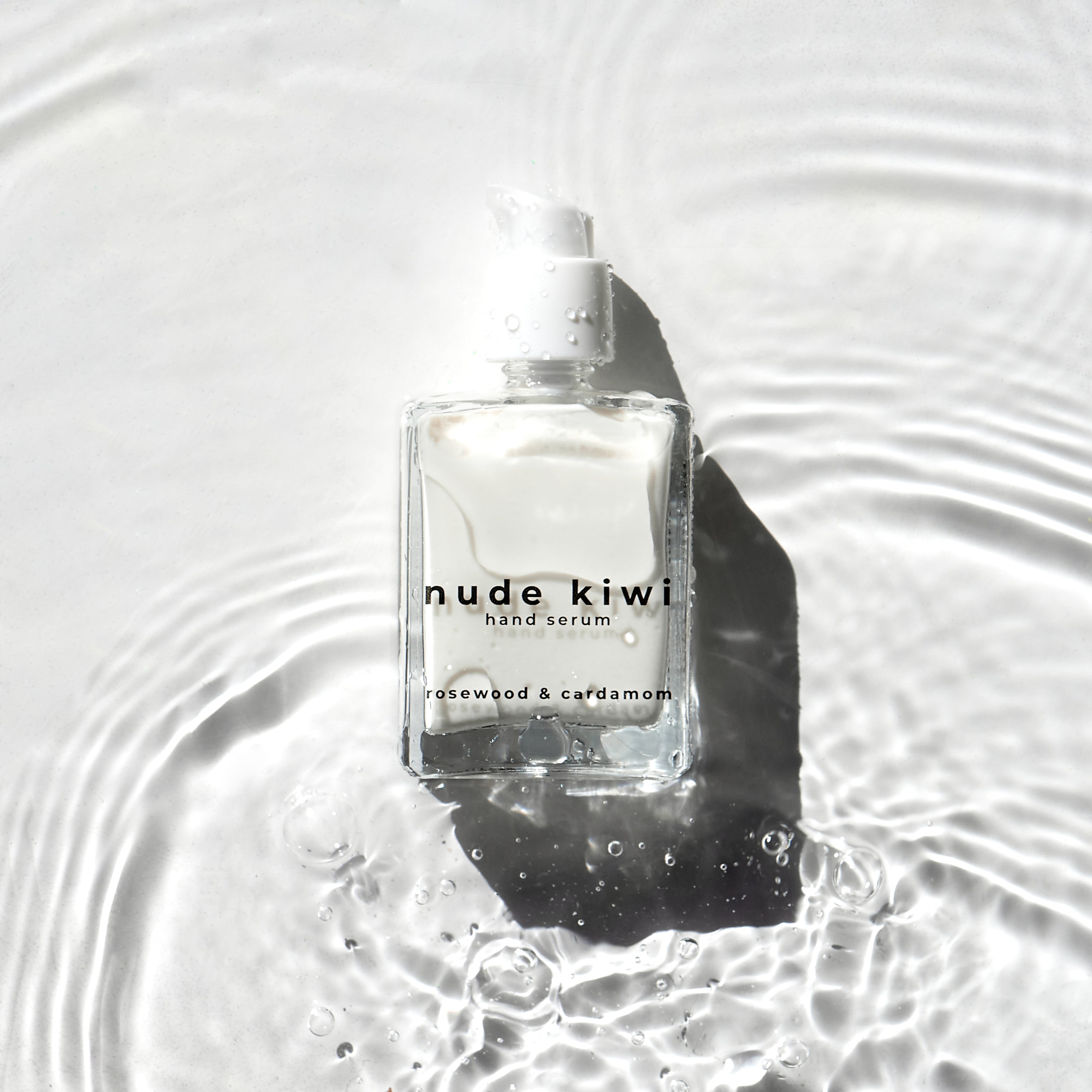
The Complete Guide to Vitamin C Serum for Face and Skin
Vitamin C serum is one of the most talked-about products in skincare—and for good reason. From dullness and pigmentation to fine lines and environmental stress, Vitamin C serum offers a wide range of skin benefits that make it a staple in skincare routines around the world.
But with so many different forms, percentages, and product types on the market, how do you know which one is right for you? In this guide, we explore what Vitamin C really does for your skin, how to use it correctly, and how to get the most benefit—whether you use synthetic Vitamin C or natural sources like fruit extracts.
Why Is Vitamin C Serum for Face So Popular in Skincare?
Vitamin C (ascorbic acid) is a potent antioxidant. In skincare, especially in products like vitamin C serum for face, it helps protect the skin from environmental damage caused by free radicals—unstable molecules that can break down collagen, speed up ageing, and worsen uneven tone.
Its popularity is due to its wide appeal:
-
Works on most skin types
-
Delivers visible results
-
Can be used to treat multiple concerns simultaneously
Some of the first visible changes people notice when using vitamin C serum for face include a brighter complexion, smoother texture, and a more even skin tone.

What Does Vitamin C Do for Your Skin?
Here are the main ways Vitamin C benefits your skin:
-
Brightens: Helps fade pigmentation and dark spots, improving radiance
-
Supports Collagen Production: Aids in the synthesis of collagen, a protein that keeps skin firm and elastic
-
Protects Against Damage: Neutralises free radicals from sun exposure, pollution, and stress
-
Reduces Fine Lines: Over time, helps to improve skin texture and reduce visible signs of ageing
-
Evens Skin Tone: Reduces the look of redness and blotchy patches
Some skincare brands use synthetic forms of Vitamin C, like L-ascorbic acid, while others rely on natural plant extracts from fruits such as kakadu plum, acerola cherry, or kiwifruit, which naturally contain Vitamin C and other beneficial compounds.

Serum or Cream: What's the Best Way to Use Vitamin C?
Serums
Serums are lightweight, concentrated, and typically water-based, allowing Vitamin C to absorb more deeply into the skin. They are often recommended for targeting dark spots and dullness quickly.
Creams
Creams are better suited for those with dry or sensitive skin, as they often contain nourishing ingredients that help support the skin barrier. They’re great for daily use and layering under SPF.
If you’re new to Vitamin C, creams with naturally rich ingredients—like kiwifruit or plum extract—can be a gentler starting point.

Are Higher Percentages of Vitamin C Better?
You might notice products advertising 15%, 20%, or even 30% Vitamin C—but more isn’t always better.
While high concentrations of L-ascorbic acid may offer faster results, they also come with a higher risk of irritation, especially for sensitive skin. Most dermatologists agree that 10–15% is an ideal range for noticeable benefits without overwhelming the skin.
If you’re prone to sensitivity, try:
- Products with Vitamin C derivatives (like sodium ascorbyl phosphate)
- Plant-based sources that contain Vitamin C alongside antioxidants and calming compounds
At Nude Kiwi, for example, ingredients like plum extract and kiwifruit extract are included for their natural Vitamin C content, supported by other skin-loving botanicals.

How to Incorporate Vitamin C Into Your Skincare Routine
A good Vitamin C routine can be simple. Here’s a suggested morning routine:
-
Vitamin C serum or cream
-
SPF 30+ (essential when using Vitamin C)
Vitamin C is best used in the morning to take advantage of its antioxidant properties throughout the day. However, it can also be used at night—especially if paired with collagen-boosting ingredients.
If you’re using exfoliants, retinol, or other actives, consider alternating days or using Vitamin C in the morning and those actives at night.

Common Mistakes to Avoid With Vitamin C
Even a great ingredient can be misused. Here are some things to watch for:
❌ Using oxidised product: If it’s turned brown or smells off, it’s no longer effective
❌ Mixing with retinol: Can increase irritation (unless the product is specifically formulated to combine both)
❌ Skipping sunscreen: Vitamin C enhances sun protection but doesn’t replace SPF
❌ Using too much too fast: Always patch test and introduce gradually
How Long Does It Take to See Results?
Consistency is key when using Vitamin C. Here's a general timeline of what to expect:
- Week 1–2: Skin may look slightly brighter
- Week 3–4: Improved texture, fading of pigmentation
-
Week 6+: Smoother skin, reduction in fine lines, overall radiance
Products with natural sources of Vitamin C may work more gradually—but can be more suitable for long-term use, especially on sensitive or compromised skin.

Tips for Choosing a Vitamin C Product
When shopping for Vitamin C skincare, look for:
✅ Stable formulas: Air-tight, opaque packaging
✅ Correct pH: Around 3.5 for pure Vitamin C; less critical for derivatives
✅ Supportive ingredients: Vitamin E, ferulic acid, niacinamide, or hydrating agents like hyaluronic acid
✅ Gentle sources: Especially if you have sensitive skin, look for formulations based on whole-plant extracts
For example, products containing kiwifruit, sea buckthorn, or plum offer Vitamin C along with natural antioxidants and vitamins—ideal for those who prefer a more minimalist or nature-based approach.
Final Thoughts
Vitamin C is a tried-and-true ingredient that continues to be a cornerstone of effective skincare. Whether you choose a lab-formulated serum or a naturally enriched botanical cream, the key is consistency, balance, and choosing the right format for your skin type.
For those who value plant-based or low-irritation skincare, look for brands that use ingredients naturally high in Vitamin C—like plum extract, kiwifruit, or sea buckthorn—to get all the benefits, with less risk of irritation.
If you're looking for a gentle yet effective option, Nude Kiwi’s Ultimate Repair Serum offers a plant-powered approach with ingredients like plum extract, sea buckthorn, and niacinamide to help brighten, hydrate, and support overall skin repair.
FAQs
Q: Can I use Vitamin C every day?
Yes! Most people can use it daily, especially in lower concentrations or natural forms.
Q: Should I use Vitamin C in the morning or night?
Morning use is ideal for antioxidant protection, but it can be used at night if preferred.
Q: What if I have sensitive skin?
Try lower concentrations or products made with plant extracts naturally high in Vitamin C.
Q: Can I combine Vitamin C with niacinamide or hyaluronic acid?
Yes—these combinations are safe and often complementary.


